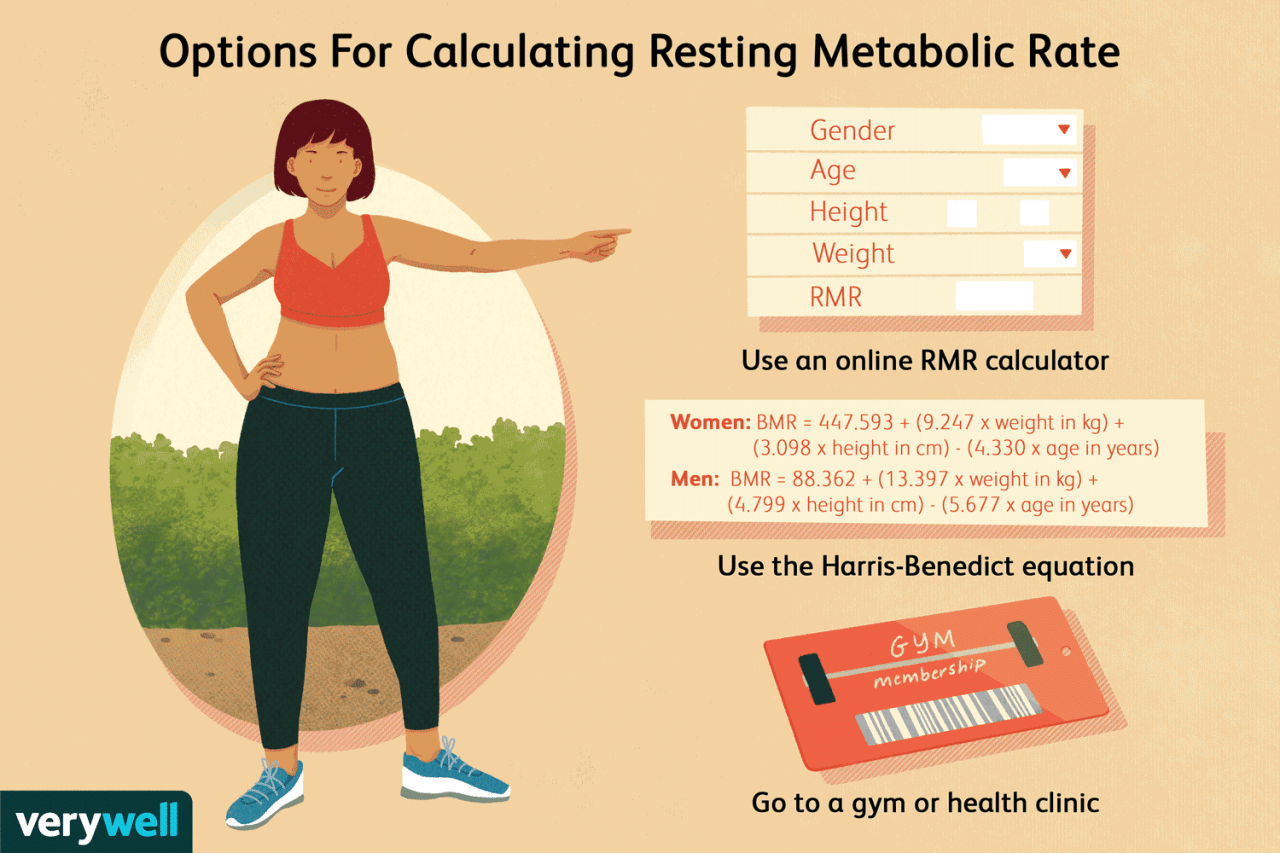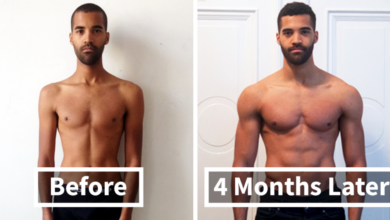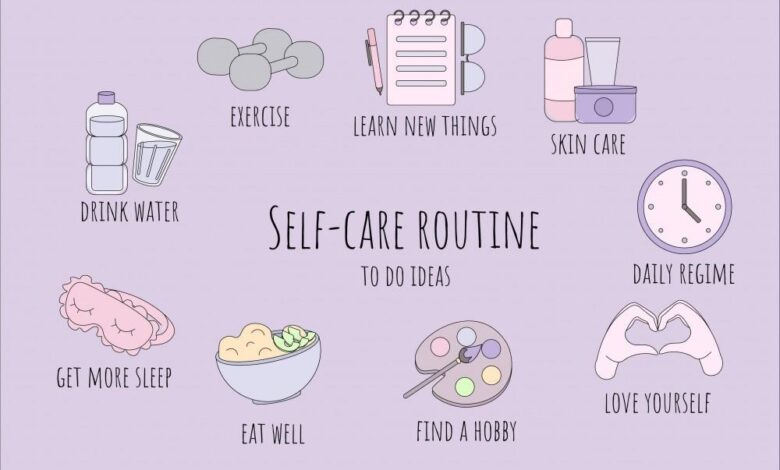
Self Care Practices That Cultivate Positive Emotions
Self care practices that cultivate positive emotions are like the building blocks of a happy and fulfilling life. They’re not just about pampering yourself; they’re about actively nurturing your mental, emotional, and physical well-being, which in turn, helps you experience more joy, peace, and resilience in your daily life.
This article will explore a range of practices, from mindfulness and gratitude to connecting with nature and fostering creativity. Each practice offers unique benefits for boosting positive emotions, allowing you to cultivate a sense of inner balance and contentment. We’ll also delve into the importance of setting boundaries, practicing self-compassion, and prioritizing healthy sleep habits, all essential elements for a truly holistic approach to self-care.
Connecting with Nature
Nature holds a remarkable power to soothe our minds and uplift our spirits. Spending time in natural settings can have profound psychological benefits, offering a sanctuary from the stresses of modern life.
The Psychological Benefits of Nature
Nature’s restorative power stems from its ability to reduce stress, improve mood, and promote feelings of peace. Research suggests that spending time in nature can lower levels of the stress hormone cortisol, leading to a sense of calm and relaxation.
Nature’s Stress-Reducing Effects
- Reduced Cortisol Levels:Studies have shown that spending time in nature, even for a short period, can lower cortisol levels. This reduction in stress hormones contributes to a sense of calm and well-being.
- Improved Mood:Nature’s beauty and tranquility can have a positive impact on mood. Exposure to natural light and fresh air can boost serotonin levels, a neurotransmitter associated with happiness and well-being.
- Enhanced Cognitive Function:Spending time in nature has been linked to improved attention, focus, and creativity. The absence of distractions and the presence of natural stimuli can help to enhance cognitive performance.
Nature-Based Activities
Engaging in nature-based activities can be a powerful way to reap the benefits of spending time outdoors. Here are a few examples:
- Hiking:Hiking offers a chance to immerse oneself in nature, providing physical activity and opportunities to connect with the environment.
- Gardening:Gardening is a form of mindful activity that allows for a connection with nature, providing a sense of accomplishment and a feeling of being grounded.
- Sitting in a Park:Even a simple act of sitting in a park can be restorative. The sights, sounds, and smells of nature can help to calm the mind and reduce stress.
Social Connections and Support: Self Care Practices That Cultivate Positive Emotions
Humans are social creatures, and our well-being is deeply intertwined with the quality of our relationships. Strong social connections are essential for our emotional health, providing a sense of belonging, purpose, and support during challenging times.
The Importance of Social Connections
Social connections offer a multitude of benefits for our emotional well-being. Studies have consistently shown that individuals with strong social support networks experience lower levels of stress, anxiety, and depression. These connections provide a buffer against life’s inevitable challenges, offering a sense of comfort, validation, and practical assistance when needed.
Taking care of yourself isn’t just about bubble baths and face masks, it’s about nourishing your body and mind from the inside out. A simple act of self-care could be making a warm, comforting soup that’s both delicious and healthy, like one of the 9 hearty winter soups under 360 calories I found online.
This small act of self-care can boost your mood and leave you feeling energized and ready to tackle whatever comes your way.
Nurturing Meaningful Relationships
Building and maintaining strong relationships requires effort and intentionality. Here are some tips for nurturing meaningful connections with family, friends, and community:
- Make time for connection:Schedule regular time to connect with loved ones, whether it’s a weekly phone call, a monthly dinner, or a weekend getaway.
- Be present:When you are with someone, put away distractions and focus on being fully present in the moment. Active listening, asking questions, and sharing your own experiences can deepen your connection.
- Express appreciation:Let your loved ones know how much you value their presence in your life. Simple gestures of appreciation, such as a handwritten note, a small gift, or a heartfelt compliment, can go a long way.
- Seek support when needed:Don’t be afraid to reach out to your support network when you’re struggling. Sharing your feelings and seeking advice or assistance can help you navigate challenging times.
Benefits of Joining Social Groups or Volunteering
Joining social groups or volunteering can be excellent ways to expand your social circle and connect with like-minded individuals. These activities offer opportunities to meet new people, develop new skills, and contribute to something meaningful.
Taking care of yourself isn’t just about bubble baths and face masks; it’s about creating a sustainable lifestyle that nourishes your body and mind. A big part of that is finding ways to make healthy eating easy and enjoyable, which is where meal prepping comes in.
But let’s be real, sometimes the monotony of the same old meals can lead to a meal prep plateau. If you’re feeling stuck in a rut, check out 6 proven ways to get out of a meal prep plateau for some fresh inspiration.
By making healthy eating a breeze, you’ll free up more time and energy to focus on other self-care practices that cultivate positive emotions and a sense of well-being.
- Social groups:Joining a book club, sports team, or hobby group can provide opportunities to meet new people who share your interests. These groups can offer a sense of belonging, shared experiences, and opportunities for social interaction.
- Volunteering:Volunteering your time and skills to a cause you care about can be incredibly rewarding. It can provide a sense of purpose, connect you with others who share your values, and help you develop new skills.
Creative Expression
Engaging in creative activities can be a powerful tool for cultivating positive emotions and enhancing overall well-being. Whether it’s painting, writing, music, or dance, these activities provide a unique avenue for self-expression, stress reduction, and relaxation.
Benefits of Creative Expression
Creative expression offers numerous benefits for mental and emotional health.
- Stress Reduction:Engaging in creative activities can help to alleviate stress by providing a healthy outlet for emotions. The act of creating something, whether it’s a painting, a poem, or a song, can distract from worries and anxieties, allowing for a sense of calm and focus.
- Emotional Regulation:Creative expression can serve as a powerful tool for processing and regulating emotions. By channeling feelings into art, writing, or music, individuals can gain a better understanding of their emotional landscape and develop healthier coping mechanisms.
- Self-Expression:Creative activities provide a safe space for self-expression, allowing individuals to explore their thoughts, feelings, and experiences without judgment. This can be particularly beneficial for those who struggle to express themselves verbally.
- Increased Happiness:Studies have shown that engaging in creative activities can lead to increased levels of happiness and well-being. The process of creation can be inherently rewarding, fostering a sense of accomplishment and satisfaction.
Setting Boundaries and Saying No
Saying no and setting boundaries are crucial for safeguarding your mental and emotional well-being. They empower you to prioritize your needs and protect your time and energy, ultimately leading to a more fulfilling and balanced life.
Benefits of Setting Boundaries
Setting healthy boundaries helps you protect your mental and emotional well-being by establishing clear limits on what you are willing to do and tolerate. They act as a shield against the demands of others and allow you to focus on what matters most to you.
Boundaries help you maintain a sense of control over your life and prevent burnout.
Examples of Setting Boundaries, Self care practices that cultivate positive emotions
Here are some examples of how to set boundaries effectively:
- Communicate your needs clearly and directly.Instead of saying “I’m busy,” try “I’m not available to help with that right now.”
- Be assertive and use “I” statements.For example, “I need some time for myself” instead of “You’re always asking me to do things.”
- Offer alternatives.Instead of saying “No,” you can say “I can’t do that right now, but I could help you with…”
- Be prepared for pushback.Some people may be resistant to your boundaries. It’s important to be firm and consistent in your communication.
Impact of Saying No on Self-Worth and Stress
Saying no can initially feel uncomfortable, but it is essential for cultivating a sense of self-worth and reducing stress. When you prioritize your needs and protect your time and energy, you are demonstrating self-respect and valuing your own well-being. This can lead to increased confidence, reduced anxiety, and a more positive outlook on life.
Self-Compassion and Acceptance
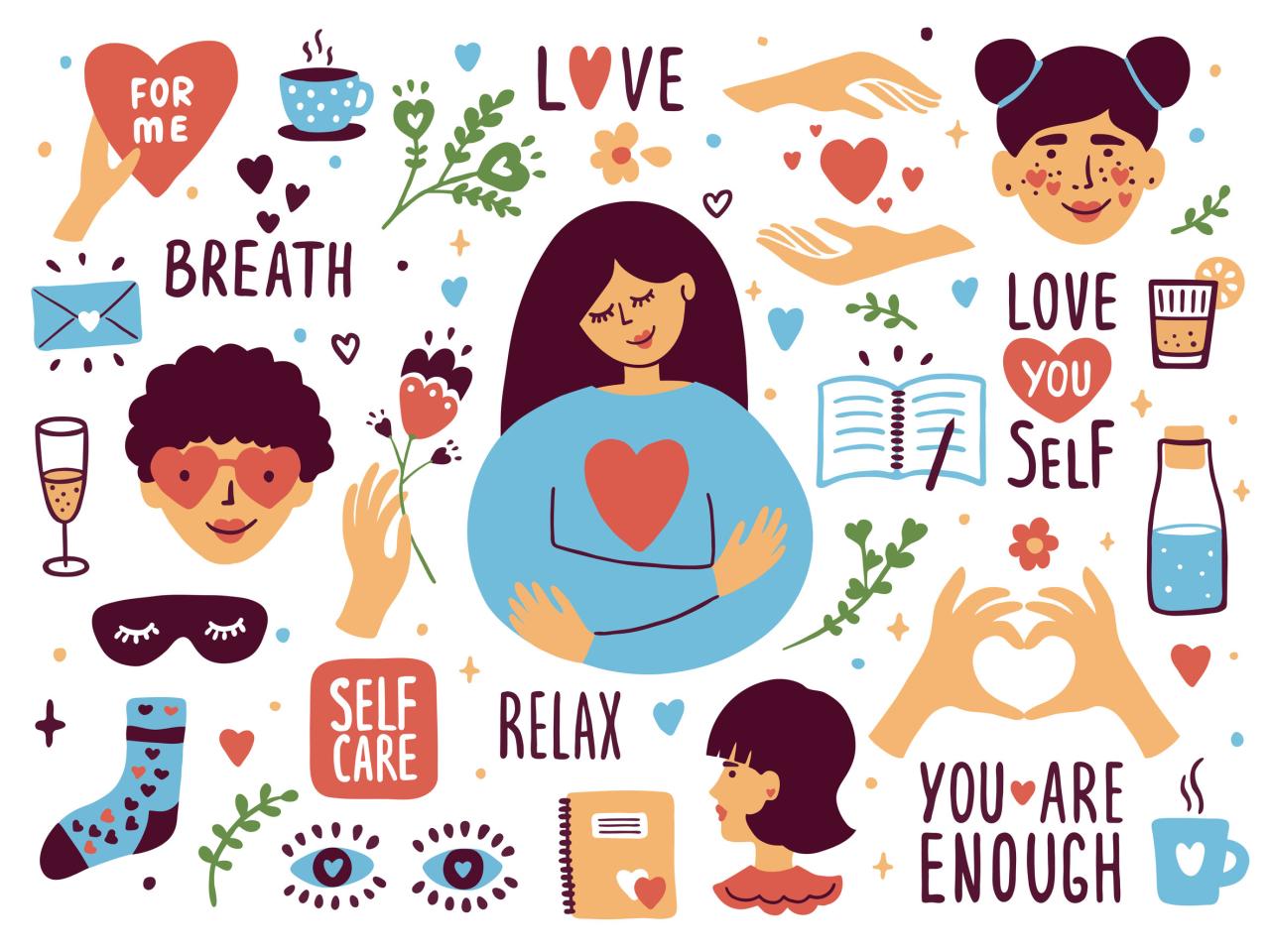
Self-compassion is a powerful tool for cultivating positive emotions and improving overall well-being. It involves treating yourself with the same kindness, understanding, and care that you would offer a loved one. When you practice self-compassion, you acknowledge your imperfections and challenges without judgment, allowing yourself to heal and grow.
Practicing Self-Kindness, Self-Acceptance, and Self-Forgiveness
Self-compassion is not about self-indulgence or ignoring your mistakes. Instead, it involves recognizing your humanity and extending kindness to yourself during difficult times.
Self-care practices that cultivate positive emotions can be as simple as taking a mindful walk in nature or engaging in a hobby that brings joy. If you’re looking for a more challenging way to boost your mood and build resilience, consider ultra walking! Everything you need to know about ultra walking is just a click away, and it’s a great way to push your limits and experience the incredible sense of accomplishment that comes with achieving something truly extraordinary.
The mental and emotional benefits of ultra walking can be transformative, reminding you of your strength and inspiring you to embrace new challenges in all areas of your life.
- Self-Kindness:Treat yourself with the same kindness and understanding you would offer a friend. When you make a mistake or face a challenge, offer yourself words of encouragement and support instead of harsh criticism. Imagine a friend going through a similar situation, and think about how you would respond to them.
- Self-Acceptance:Accept yourself as you are, flaws and all. Everyone makes mistakes, and it’s okay to be imperfect. Instead of focusing on your perceived shortcomings, try to appreciate your strengths and unique qualities. Recognize that your worth is not tied to your accomplishments or external validation.
- Self-Forgiveness:Forgive yourself for past mistakes and let go of the guilt and shame that may be holding you back. Everyone makes mistakes, and holding onto guilt and resentment only hurts you in the long run. Practice forgiveness by acknowledging your mistake, accepting responsibility, and choosing to move forward with a renewed sense of hope and determination.
Recognizing and Challenging Negative Self-Talk
Negative self-talk is a common habit that can undermine your self-esteem and happiness. It involves constantly putting yourself down, focusing on your perceived flaws, and minimizing your accomplishments.
- Become Aware of Your Negative Thoughts:Pay attention to the thoughts that run through your mind, especially those that are critical or judgmental. Notice the language you use to talk to yourself, and identify any recurring patterns of negativity.
- Challenge Your Negative Thoughts:Once you become aware of your negative thoughts, challenge their validity. Ask yourself: “Is this thought really true?” “Is there another way to look at this situation?” “What would I say to a friend if they were experiencing this?”
- Replace Negative Thoughts with Positive Ones:Once you have challenged your negative thoughts, try to replace them with more positive and supportive ones. Focus on your strengths, your accomplishments, and the things you appreciate about yourself. Affirmations, such as “I am worthy of love and acceptance,” or “I am capable of achieving my goals,” can be helpful in promoting positive self-talk.
Healthy Sleep Habits
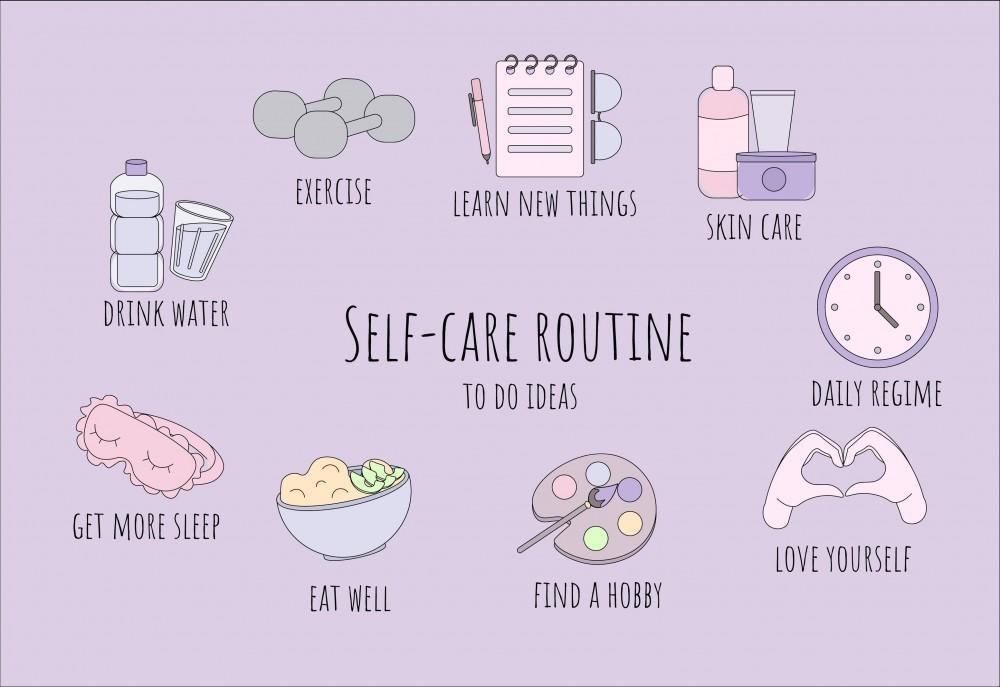
You might be surprised to learn that getting enough sleep is not just about feeling well-rested in the morning. It plays a crucial role in maintaining your emotional well-being. When you’re sleep-deprived, your body and mind are thrown off balance, making you more susceptible to mood swings, anxiety, and even depression.
Prioritizing healthy sleep habits can significantly improve your emotional resilience and overall well-being.
Establishing a Consistent Sleep Schedule
Maintaining a regular sleep-wake cycle is essential for regulating your body’s natural sleep-wake rhythm, known as the circadian rhythm. By going to bed and waking up around the same time each day, even on weekends, you help to reinforce this rhythm, making it easier to fall asleep and wake up feeling refreshed.
Creating a Relaxing Bedtime Routine
Developing a calming routine before bed can signal to your body that it’s time to wind down. This routine could include activities like taking a warm bath, reading a book, listening to soothing music, or practicing relaxation techniques like deep breathing or meditation.
Avoid screen time for at least an hour before bed, as the blue light emitted from electronic devices can interfere with melatonin production, a hormone that regulates sleep.
Optimizing the Sleep Environment
Your sleep environment plays a significant role in sleep quality. A dark, quiet, and cool room can promote restful sleep. Consider using blackout curtains to block out light, earplugs to minimize noise, and a comfortable mattress and pillows to ensure optimal sleep comfort.
Adequate Sleep Enhances Mood, Reduces Stress, and Improves Cognitive Function
Getting enough sleep has a profound impact on your emotional well-being. Adequate sleep can improve your mood, reduce stress levels, and enhance cognitive function. When you’re well-rested, you’re better able to cope with daily stressors, make sound decisions, and experience positive emotions.
On the other hand, sleep deprivation can lead to irritability, difficulty concentrating, and increased susceptibility to anxiety and depression.
Positive Affirmations and Visualization
Positive affirmations and visualization are powerful tools for cultivating positive emotions and shifting negative thought patterns. These practices work by rewiring our brains to focus on what we want rather than what we fear. They help us to build self-belief, increase our resilience, and ultimately, live a more fulfilling life.
How Positive Affirmations Work
Positive affirmations are statements that we repeat to ourselves to reprogram our subconscious mind with positive beliefs. When we consistently affirm positive statements, we begin to believe them, even if they don’t reflect our current reality. This process helps to change our perspective and create new neural pathways that support positive thinking and behavior.
Examples of Positive Affirmations
- I am worthy of love and happiness.
- I am strong and capable.
- I am grateful for all that I have.
- I am confident and successful.
- I am healthy and vibrant.
How Visualization Works
Visualization involves creating a mental picture of our desired outcome. By vividly imagining ourselves achieving our goals, we can activate the same neural pathways that are triggered when we actually experience those events. This practice helps to increase our motivation, focus, and belief in our ability to achieve our dreams.
Examples of Visualization Techniques
- Goal Visualization:Imagine yourself achieving a specific goal, such as getting a promotion or completing a challenging project. Visualize the details of the experience, including your emotions and actions.
- Positive Outcome Visualization:Visualize yourself overcoming a challenge or achieving a positive outcome in a difficult situation. For example, imagine yourself confidently delivering a presentation or handling a stressful situation with grace.
- Guided Visualization:Use guided meditation techniques to visualize a peaceful and relaxing scene. Imagine yourself surrounded by nature, breathing deeply, and feeling a sense of calm and well-being.
Tips for Incorporating Positive Affirmations and Visualization into Daily Life
- Choose affirmations that resonate with you:Select affirmations that align with your values and goals. Avoid affirmations that feel forced or insincere.
- Repeat affirmations regularly:Make a conscious effort to repeat your affirmations throughout the day. You can do this while getting ready in the morning, during your commute, or before bed.
- Visualize consistently:Set aside a few minutes each day for visualization. Find a quiet space where you can relax and focus.
- Be patient and persistent:It takes time to reprogram your subconscious mind. Don’t get discouraged if you don’t see results immediately. Continue practicing and be patient with yourself.
- Write down your affirmations:Write your affirmations down and place them in a visible location, such as your bathroom mirror or refrigerator. This will help you to see them regularly and remind yourself of your goals.
- Use affirmations and visualization together:Combine these practices for a more powerful effect. For example, you can visualize yourself achieving a goal while simultaneously repeating an affirmation related to that goal.
Closing Notes
By incorporating these self-care practices into your life, you’re not just taking care of yourself; you’re investing in your overall well-being. You’re creating a foundation for experiencing more positive emotions, navigating challenges with greater ease, and ultimately, living a life that feels more aligned with your values and aspirations.
Remember, self-care is not a luxury; it’s a necessity. It’s a commitment to your own happiness and a journey of self-discovery that leads to a richer, more fulfilling life.

